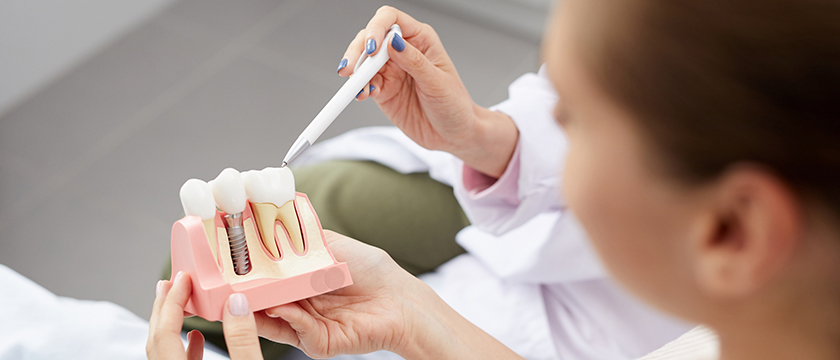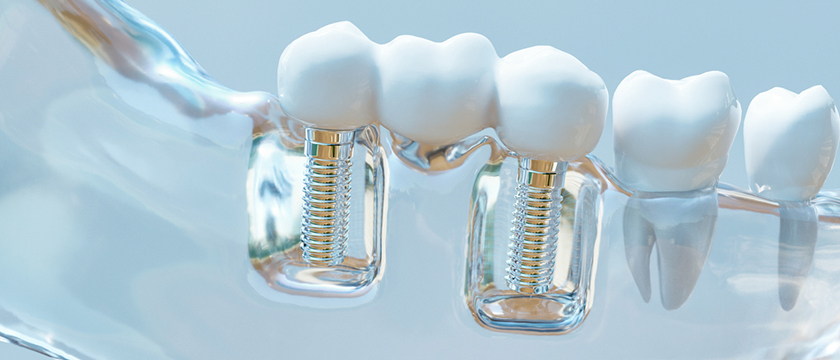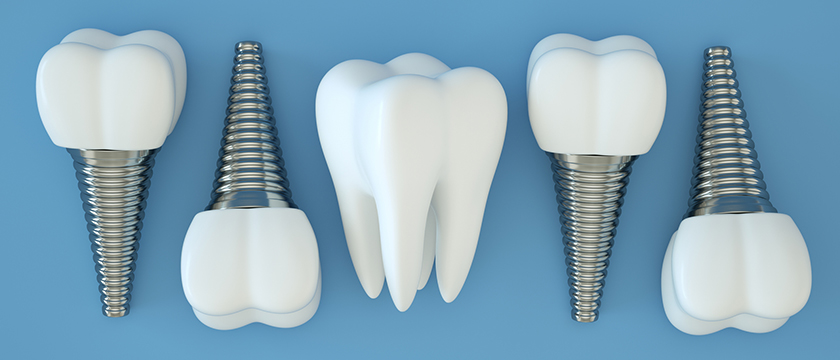Blog
 05 Mar 2024
05 Mar 2024
The Remarkable Benefits of Full Mouth Dental Implants: Your Basic Guide
Imagine regaining the ability to enjoy your favourite foods without hesitation. Picture a renewed confidence in your smile and the assurance of having healthy, beautiful, and permanently affixed teeth. This isn’t just a dream—it’s a reality made possible through full mouth dental implants. Embark on a journey with us as we delve into the essentials of full plate or full mouth dental implants, a transformative solution for those seeking to reclaim their smile and oral health.
 05 Nov 2023
05 Nov 2023
Dental Implants: Guide to Aftercare and Maintenance
Getting dental implants to replace missing teeth is one of the best things you can do for your oral health and quality of life. Implants will help you speak, chew, and smile like you used to and help keep your jawbone from degrading.
 05 Jun 2023
05 Jun 2023
How Dental Implants Enhance Your Face Shape
Dental implants offer many quality-of-life benefits, but did you know they can also change the shape of your face? Depending on which teeth you lost and how long they have been missing, you could come out of dental implant surgery looking like a whole new you. Use this guide to learn more about how getting dental implants in Mississauga can alter your appearance and to get the answers to some questions that may be on your mind regarding the procedure’s effects.
 10 Mar 2023
10 Mar 2023
15 Things You Didn’t Know About Dental Implants
If you have been thinking about getting dental implants, you have probably done a lot of reading on the subject. While there is plenty of information available online regarding things like tooth implant costs and the best materials to choose from, what about the lesser-known details? Here are the answers to 15 questions about tooth implants that you may have been wondering about.
 05 Sep 2022
05 Sep 2022
15 Myths About Dental Implants You Should Know
Dental implants are a most popular tooth replacement options available today. However, there are still many myths surrounding them that make some people hesitant to consider getting them. If you are looking to replace one or more missing teeth, it is important to separate fact from fiction regarding these incredible prosthetics. To help you do so, we have assembled a list of 15 of the top myths we have heard about dental implants and the procedure required to get them.
